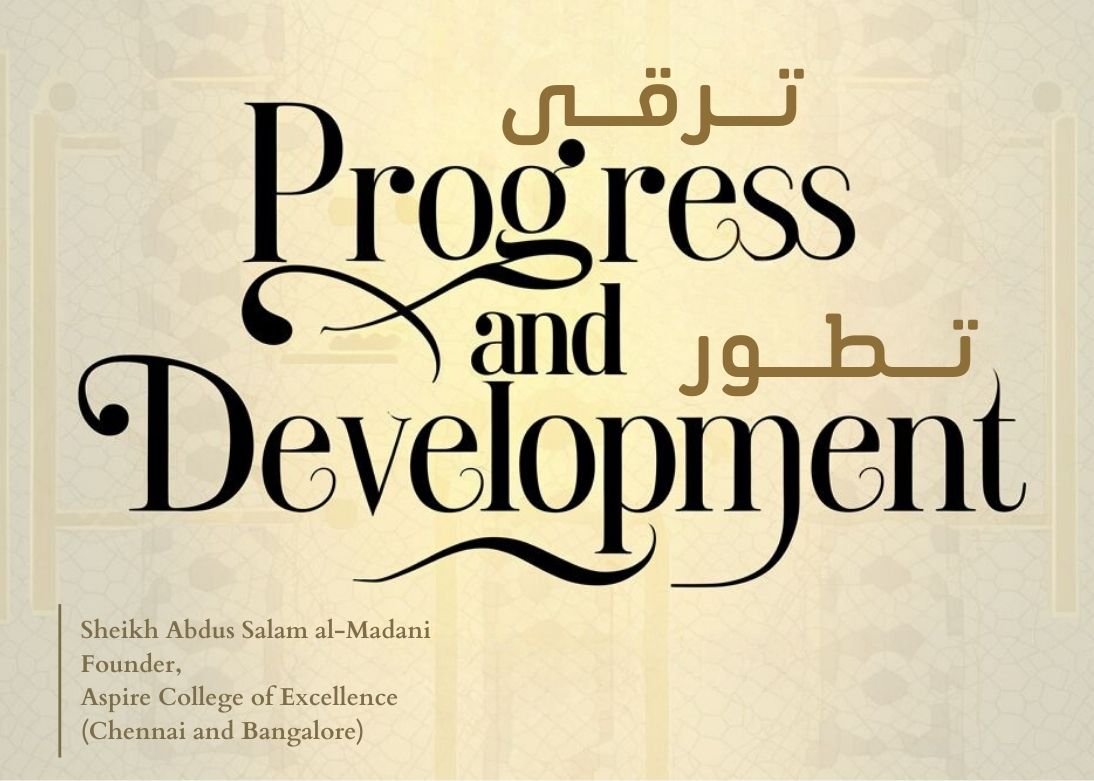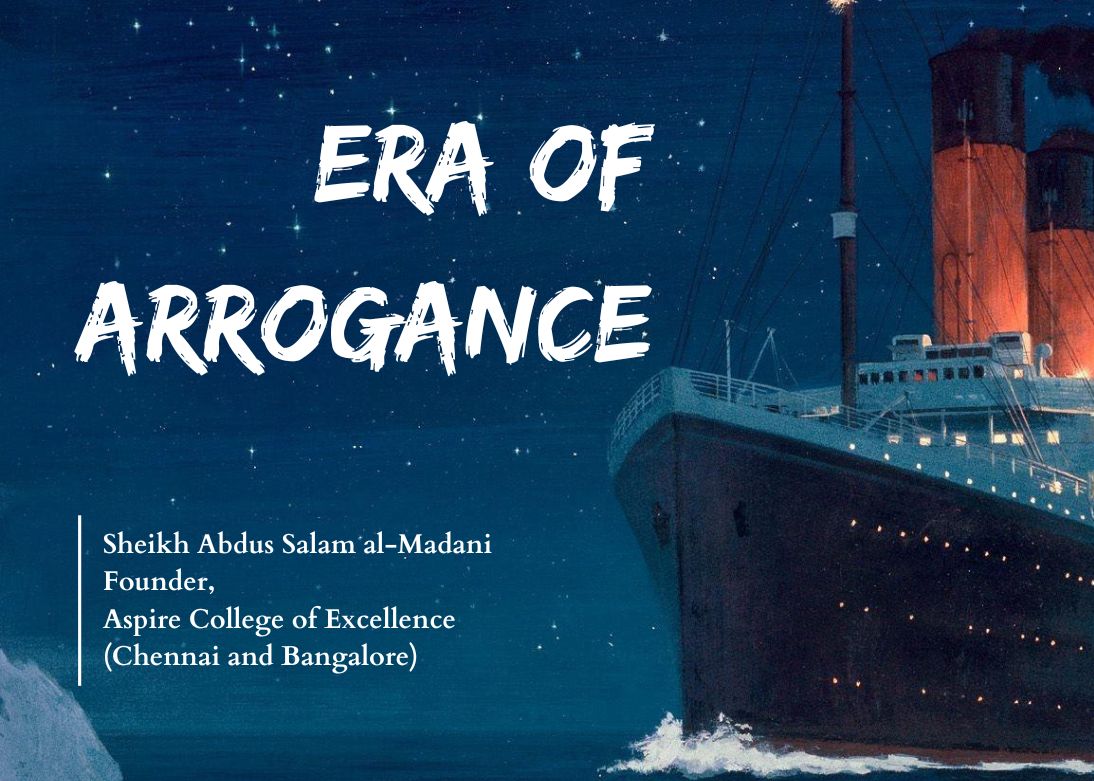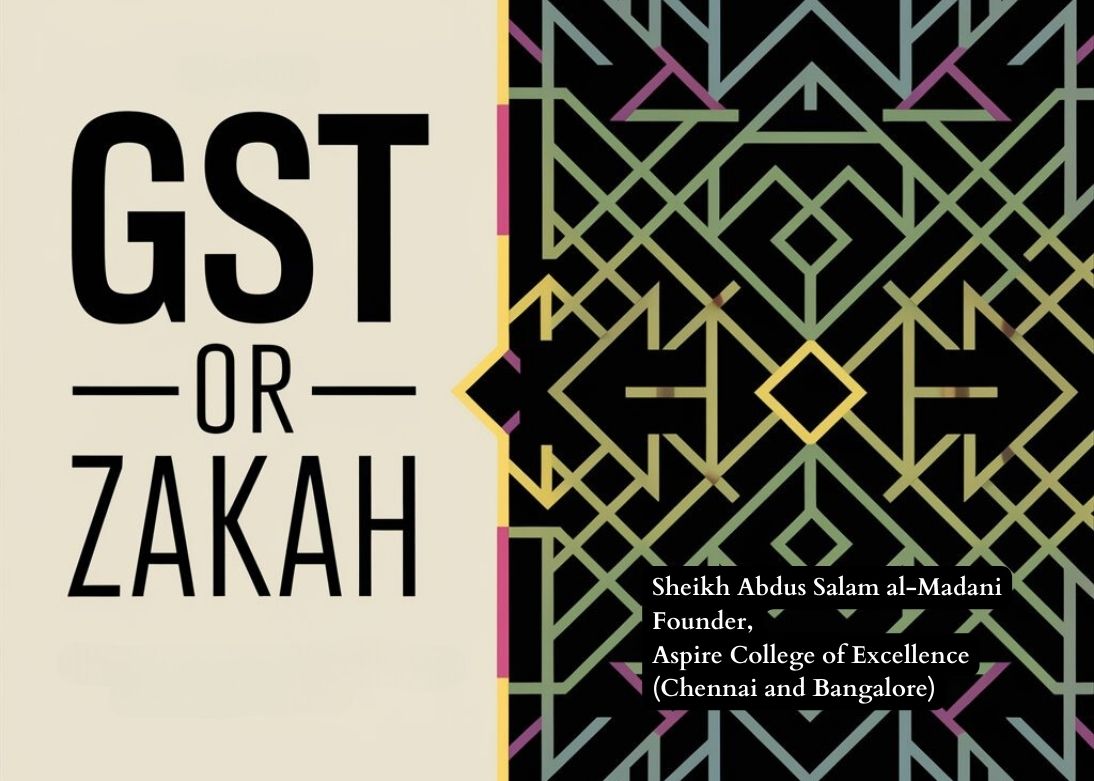
What Is Salafism And What Is Not?
Salafism is easy, not complicated. It is following the Quran and Sunnah. Simply put, it is the religion that existed during the time of the Messenger of Allah (pbuh), his companions, and during the period of the Tabi'een. What wasn't considered the Deen during their times cannot become the Deen thereafter. It is not allowed to divide the Ummah based on later affiliations or attributions such as Hanafism, Shafi'ism, Maturidism, Ash'arism, Salafism, Deobandism, etc.
Similarly, discrimination or preferences based on madrasas, mosques, centers or various so called 'jama'at' and 'jamiat' is also not Salafism.
Salafism is to treat every innovator and heretic as a muslim, as long as his bid'ah does not exclude him from Islam.
Salafism is not something outside the realm of the Muslim Ummah, rather it is a part and component of it. It is not a group or an organization or a movement, rather it comprises of 'certain principles and practices'. Discrimination based on personalities and opinions becomes worthless here, rather the voice of 'Ummati, Ummati!' (My Ummah, my Ummah) is heard clearly here. Where even the pain of stone-pelters is borne with a smiling face in the hope that there will be born believers from their progeny.
Our Prophet Muhammad would be proud with 'ana mukathirun bikumul Umam', meaning 'I shall outnumber the peoples by you'. (Abu Dawood) And he gave the glad tidings of it in these words, 'I would have the largest number of the followers'. (Muslim)
That is why the scholars of the Salaf put a thousand efforts to keep (the sinners and the wrongdoers) in the circle of Islam, and would find thousands of excuses to avoid excluding them from it.
Salafism is to consider all those sinful brothers who are divided into sects and groups as our brothers in Islam and to value their virtues and appreciate their sacrifices; simultaneously warning and correcting them, as well as maintaining brotherhood with them.
Salafi scholars, ancient and contemporary, are the most just and careful. They turn away from the innovators and the disobedient, not out of any personal hatred or enmity but in an attempt to reform the innovator/sinner, to try to get him back to the right track; just like a father turns his back from his disobedient child in order to warn and correct him, expecting his recovery.
This (bara'at) abandonment is temporary, proportionate, subject to the requirements of the situation and conditional. Hence, if there is any considerable possibility of loss, rather than the expected results from Hajr (abandonment), abandoning isn't recommended.
Ibn Abd al-Barr, may God have mercy on him, said: "There is no abandonment except for the one who could be disciplined or for the one whose evil is feared in any bid'ah or similar matters". (Al Tamheed 6/119)
Shaykh al-Islam Ibn Taymiyyah, may God have mercy on him, said about the ruling of boycotting or al-Hajr: "This is one type of punishment, so if hajr (boycott) results in attainment of a good thing or a driving away of an evil, then it is lawful. But if it causes corruption more than the evil of that offence, then it is not permissible."(Fatawa: 28/217)
Shaykh ul-Islam Ibn Taymiyyah, Shaykh Muhammad bin Abdul Wahhab, Shah Waliullah, Shah Ismail Shaheed, Shaykh bin Baz, Shaykh Albani, Shaykh Ibn Uthaymeen, Maulana Dawood Ghaznavi, Maulana Ismail Salafi Gojranwala, Shaykh ul-Islam Maulana Sanaullah Amritsari, Shaykh Al Hind Abul Kalam Azad, (may Allah have mercy on all of them) have all taught students from diverse groups such as Ash'aris, Deobandis, Ikhwanis etc and maintained good relationship with all of them, in order to preach Islam to all.
They always follow the sunnah and at the same time they mingle with everyone, to teach them the Sunnah. They never insult, despise, ridicule the others in the name of Sunnah. Their words were full of love, their hearts were full of concern and pity for all.
They were sincere in their actions and there was no contradiction in their words and deeds.
In fact the message of the Sunnah would have reached the people through their words and deeds, not through mocking and ridiculing the mistakes or the shortcomings of the people.
They tried to teach the Sunnah to unite, rather than to splinter the Ummah.
Didn't the various strands among our Salaf participate side by side in national movements? Crusades, Mongolian wars, Indian independence movement, Khilafat movement, Ahrar movement, Khatm e Nabuwat movement etc, Muslims from the various sects of the Ummah have always played a concerted role in countering the enemy forces throughout history.
Jurisprudential, political, religious and Manhaji factions had formed and will continue to be formed. But real Salafism is not a group or a person, rather it is following the clear truth and trying to teach and explain the same to everyone, not monopolizing it for self aggrandizing purposes thereby alienating the rest of the Ummah.
Just having true belief is not enough. Practice according to the faith and avoiding sins is also necessary.
Neglecting action on the pretext of giving precedence to faith is unacceptable. But just as the creedal errors are serious, accepting sins with a cold heart is also one of the doors to disbelief; refer to the interpretation of the hadith narrated in Sahih Muslim Hadith No:86 where the Prophet said..... "Whoever strives against them with his hand is a believer; whoever strives against them with his heart is a believer; and whoever strives against them with his tongue is a believer. Beyond that there is no mustard seed's weight of faith."
Along with the rejection of polytheism and innovation, denial of prohibitions and sins is also a compulsory part of faith. Unfortunately many of those who concentrate on Aqeedah and Manhaj are more complacent when it comes to refuting sins.
It is generally seen that the emphasis on boycotting innovation and disassociation with the innovators has overshadowed the commandments of maintaining brotherhood and the importance of good ties, which is a grave but common mistake.
It is obligatory on the Salafi scholars to talk about brotherhood and the rights of fellow Muslims, as strongly as they attack innovations and sects. So that the Ummah can feel the mercy and flexibility of Salafism, and flourish together under its shade.
Calling a mistake a mistake, calling an innovation an innovation is correct. But to end the brotherhood, or to hate others due to an error or an innovation that doesn't take them out of Islam, is exclusivism, not Salafism.
Comments (0)
Categories
Recent posts


Era of Arrogance
6 Feb 2024
Tears of a Man
13 Feb 2024
GST or Zakah
9 Apr 2024




